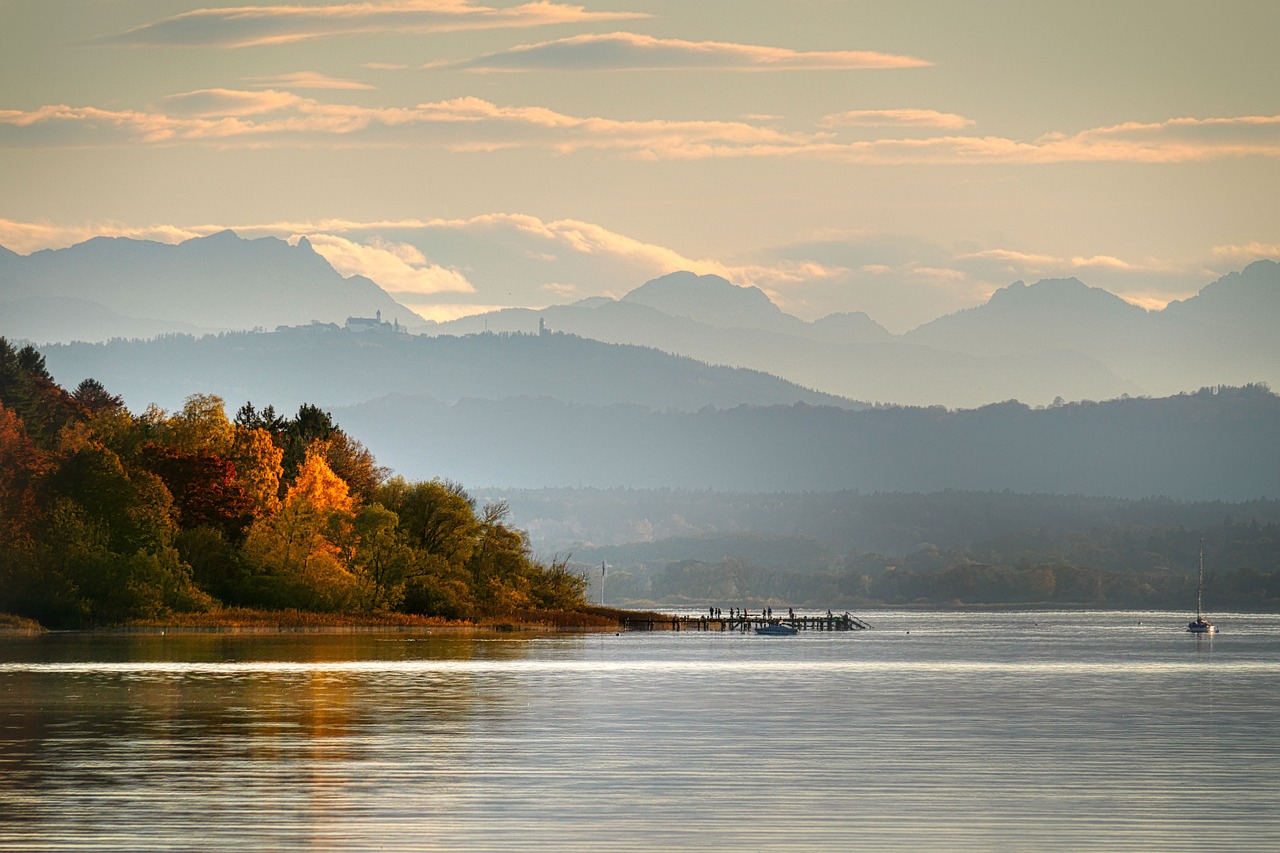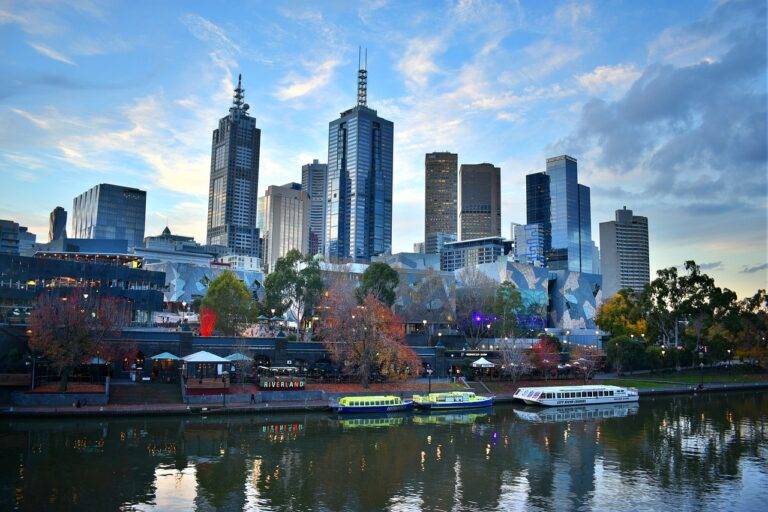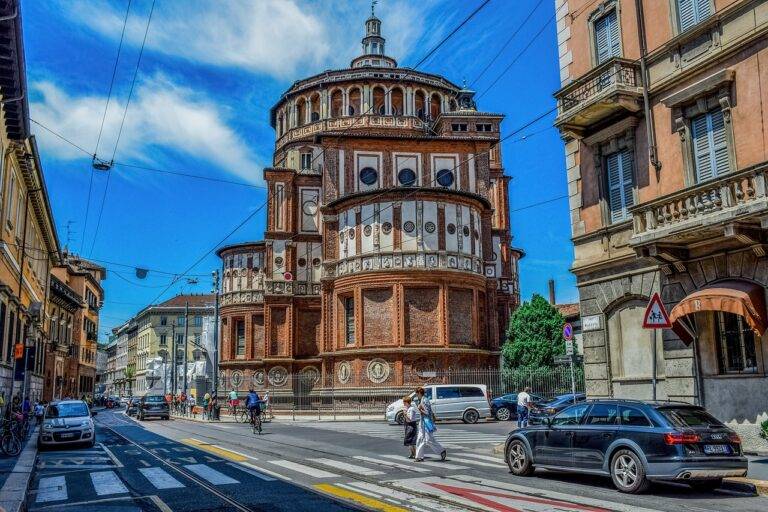Exploring Unique Travel Traditions
Every culture around the world has its own unique customs and traditions when it comes to travel. In Japan, the practice of “omiyage” is widely observed, where travelers are expected to bring back souvenirs for their friends, family, and coworkers after a trip. These souvenirs are seen as a way to share a part of the travel experience with loved ones who were not able to accompany them.
In Iceland, the concept of “sundlaugar” stands out as a distinct travel tradition. This tradition revolves around the country’s numerous geothermal pools and hot springs, where locals and visitors alike gather to relax and socialize. The act of soaking in these natural geothermal pools is not just a way to unwind but also a deeply ingrained cultural practice that promotes health and wellness.
Cultural Festivals and Celebrations
India is well-known for its vibrant and colorful festivals that reflect the rich cultural heritage of the country. One such festival is Diwali, also known as the Festival of Lights. During Diwali, people decorate their homes with oil lamps and colorful rangoli designs, symbolizing the triumph of light over darkness and good over evil. It is a time for families to come together, exchange gifts, and indulge in delicious sweets and savory dishes.
In Japan, the cherry blossom festival, known as Hanami, is a cherished tradition that celebrates the beauty of cherry blossoms in full bloom. During this festival, people gather in parks for picnics under the blossoming trees, appreciating the fleeting beauty of the delicate pink and white petals. It is a time of joy and reflection, as people pause to appreciate the ephemeral nature of life and the fleeting beauty of nature’s wonders.
What are some unique travel traditions around the world?
Some unique travel traditions around the world include the Holi festival in India where people throw colored powders at each other, the Running of the Bulls in Spain, and the Lantern Festival in Thailand.
Why are cultural festivals and celebrations important?
Cultural festivals and celebrations are important as they help to preserve traditions, promote cultural awareness, and bring communities together in celebration.
How can I participate in cultural festivals and celebrations?
You can participate in cultural festivals and celebrations by attending events, trying traditional foods, dressing in traditional clothing, and participating in activities such as dances or rituals.
What are some examples of cultural festivals and celebrations?
Some examples of cultural festivals and celebrations include Diwali in India, Carnival in Brazil, Oktoberfest in Germany, and Chinese New Year in China.
How do cultural festivals and celebrations vary from country to country?
Cultural festivals and celebrations vary from country to country based on the traditions, beliefs, and customs of each culture. This includes the types of events, foods, music, and rituals that are involved in the celebrations.





